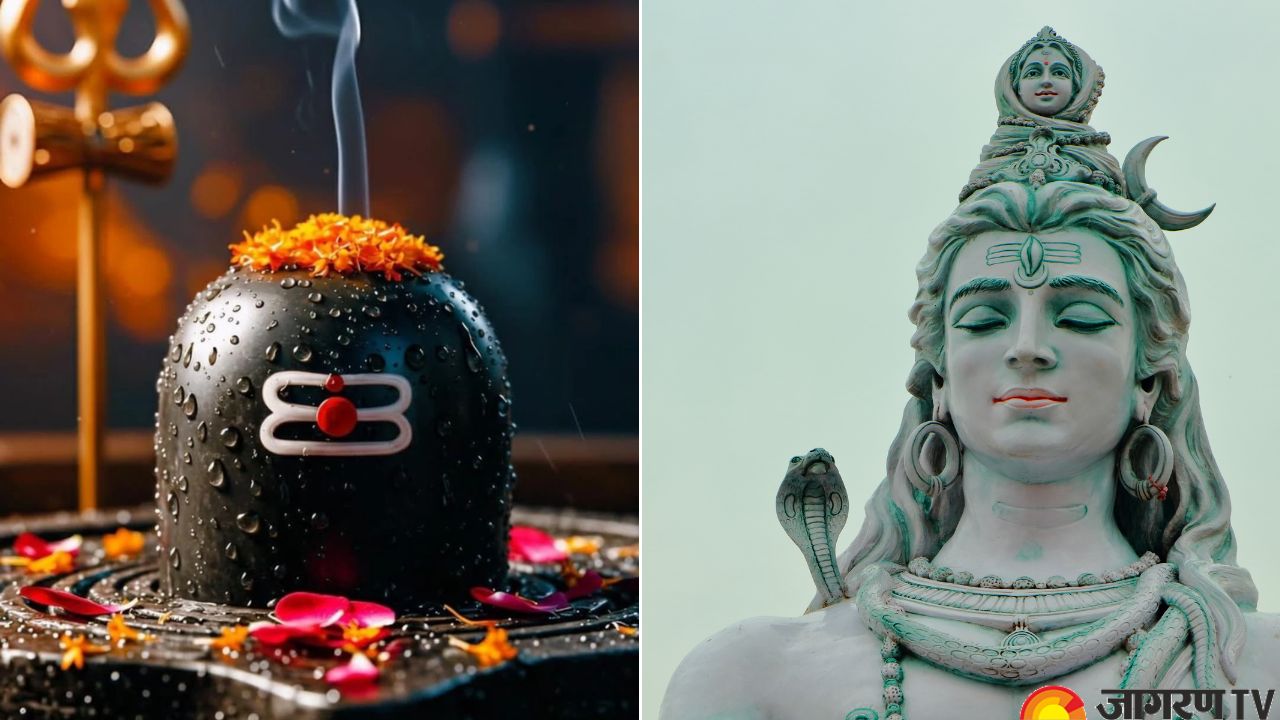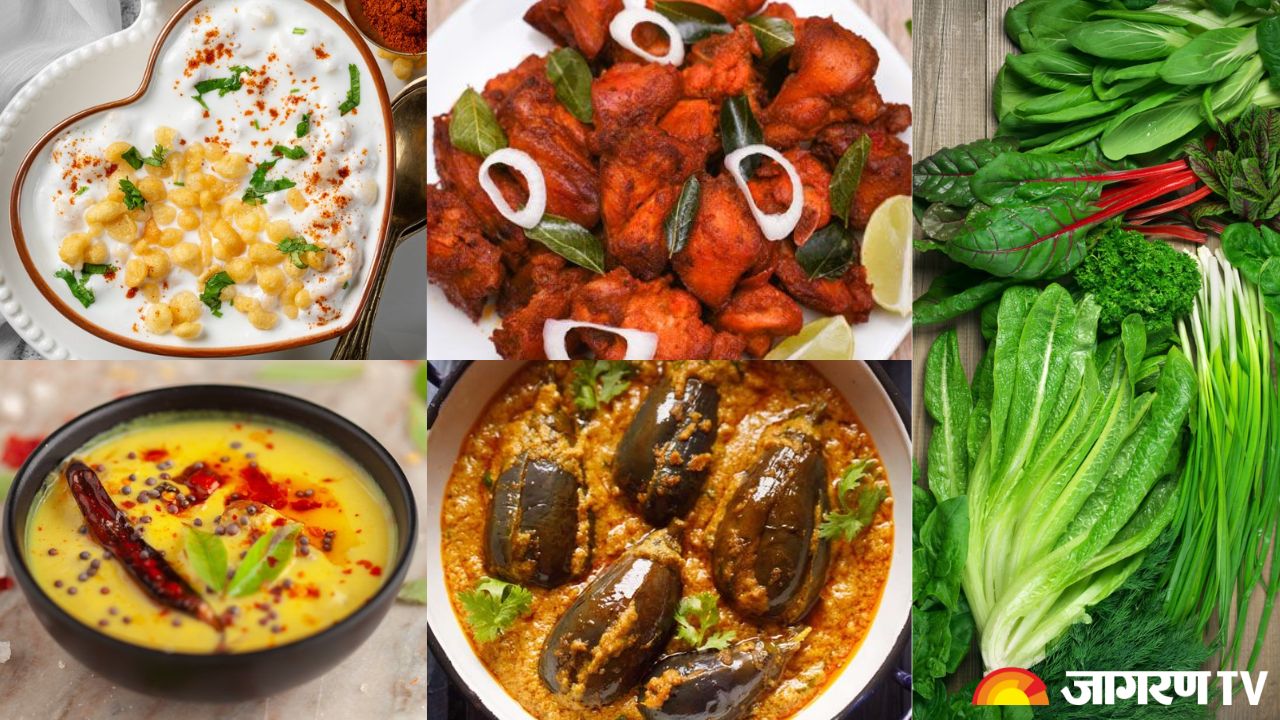Shravan 2025: Importance and Significance of Sawan Somwar Fasting, Spiritual Beliefs, and More

Shravan 2025: Sawan, also known as Shravan, is a very important month for Hindus, particularly those who worship Lord Shiva. It is a time for deep dedication, purification, and seeking divine blessings. Throughout this holy month, Mondays, known as Sawan Somwars, are observed with special attention with fasting.
Sawan 2025 Dates
In 2025, the auspicious month of Sawan begins on July 11 and ends on August 9. At the same period, in South and Western India, the auspicious days of Sawan will begin on July 25 and end on August 23, 2025. This time, there are four Mondays in Sawan:
First Monday of Sawan - 14 July 2025
Second Monday of Sawan - 21 July 2025
Third Monday of Sawan - 28 July 2025
Fourth Monday of Sawan - 4 August 2025
Sawan Fasting Process
Observing the Sawan Somwar Vrat (fast) is an extremely personal and spiritual practice. While variations exist, the general process includes:
Sankalp (Vow)
Before beginning the fast, devotees make a pledge (sankalp) to keep it with sincerity and devotion to Lord Shiva.
Morning Rituals
Wake up before sunrise, take a cleansing bath, and put on clean clothes.
Puja Preparation
Prepare the puja area, which may be a home altar or a visit to a Shiva temple.
Abhishek
The most important ritual includes performing Abhishek on the Shiva Lingam. This is a ritualistic washing with holy things like as water (particularly Gangajal), milk, curd, honey, ghee, and sugar.
Offerings
Lord Shiva receives offerings of Bilva Patra (holy leaves of the Bael tree), Dhatura, white flowers, Akshat (rice grains), Bhasma (sacred ash), and fruits.
Mantra Chanting
Throughout the puja, devotees repeat powerful Shiva mantras including “Om Namah Shivaya,” the Mahamrityunjaya Mantra, and the Shiva Gayatri Mantra.
Vrat Katha
Reciting or listening to the Sawan Somwar Vrat Katha (story) is a key aspect of the observance.
Fasting
Devotees fast from sunrise to sundown. This can range from a Nirjal fast (no water) to eating only “Sattvic” foods such as fruits, milk, curd, sago (sabudana), and selected vegetables while avoiding grains, salt, and spicy/oily foods.
Evening Puja and Aarti
After sunset, another puja and Aarti (lamp-waving) are conducted, followed by a fast break with permissible foods.
Pushti and Dana
Following the fast, devotees share Prasad with family members and give charity (dana) to those in need.
Importance of Sawan Monday Fasting
-
Mondays are extremely important to Lord Shiva. Keeping a fast on this day is thought to directly invoke his blessings and seek divine grace.
-
The significance of Sawan stems from the Hindu mythology of Samudra Manthan (the churning of the cosmic ocean). It is thought that during this churning, a lethal poison called Halahala developed, threatening to destroy the universe. Lord Shiva absorbed this poison out of compassion, thereby saving all living beings. He held it in his throat till it turned blue, garnering him the moniker Neelkanth. As a result, the month of Sawan is associated with Lord Shiva's great sacrifice and generosity. Offering cooling substances during Abhishek is also related to this event.
-
Fasting is a type of tapasya (austerity) that cleanses the mind, body, and spirit. It encourages self-discipline, reflection, and detachment from earthly desires, resulting in a stronger connection to the divine.
-
Devotees believe that faithful observance of the Sawan Somwar vrat can result in the fulfillment of desires. Unmarried women fast to pray for an ideal life partner, and married women fast to ensure their husbands’ lifespan and well-being, as well as a harmonious marital relationship.
-
Scientifically, fasting practices during Sawan, which coincides with the monsoon season, are said to promote detoxification and improve digestive health by harmonising with the body's natural cycles.
Why People Fast on Sawan Mondays?
People fast on Sawan Mondays for a variety of deeply spiritual and traditional reasons, most of which revolve around their reverence for Lord Shiva. Mondays are regarded particularly auspicious for worshipping Lord Shiva, and fasting on these days throughout the sacred month of Sawan is said to be especially powerful. This ritual is based on ancient Hindu mythology, particularly the ‘Samudra Manthan’ or cosmic churning, in which Lord Shiva ingested a lethal poison to preserve the cosmos, turning his throat blue (Nilakantha). Devotees fast in honour of his enormous sacrifice and generosity, hoping to receive his blessings for protection and well-being.
Apart from this, many women, both married and unmarried, fast to pray for a harmonious marital life, the longevity of their husbands, or to find an ideal life partner, drawing inspiration from Goddess Parvati, who is said to have fasted rigorously in Sawan to become Lord Shiva’s consort.
Related Videos
-
19 Jul, 2025
Sawan Shivratri 2025: 22 या 23 जुलाई कब है सावन की शिवरात्रि ...
-
18 Jul, 2025
Sawan 2025 : सावन में दही, पत्तेदार सब्जियां और नॉनवेज क्यों नहीं खाना ...
-
14 Jul, 2025
Sawan Shivratri 2025: इस दिन मनाई जाएगी सावन की शिवरात्रि, जानें तिथि, शुभ ...
-
17 Jul, 2025
Sawan Shivratri 2025: कब मनाई जाएगी सावन शिवरात्रि? जानें तिथि और शुभ मुहूर्त ...
यह भी पढ़ें
-
09 Apr, 2023
IPL 2023 : आज हैदराबाद और पंजाब में कौन मारेगा बाजी, ऐसी हो सकती है दोनों टीम की प्लेइंग इलेवन
-
09 Apr, 2023
कोरियन दूल्हे ने इंडियन स्टाइल में की शादी, घोड़ी भी चढ़ा और भांगड़ा भी किया, वीडियो हुआ वायरल
-
09 Apr, 2023
-
09 Apr, 2023
आकांक्षा दुबे मामले में आरोपी समर सिंह को भीड़ ने दौड़ाया, 14 दिन की न्यायिक हिरासत








